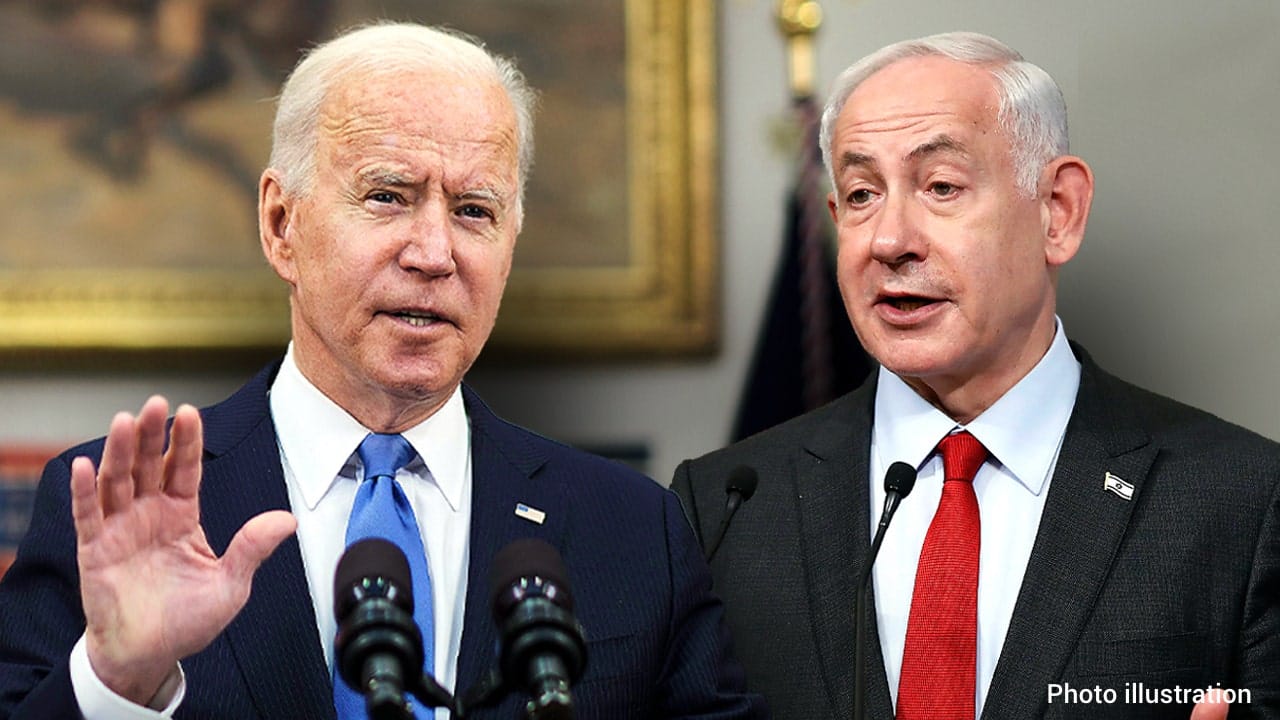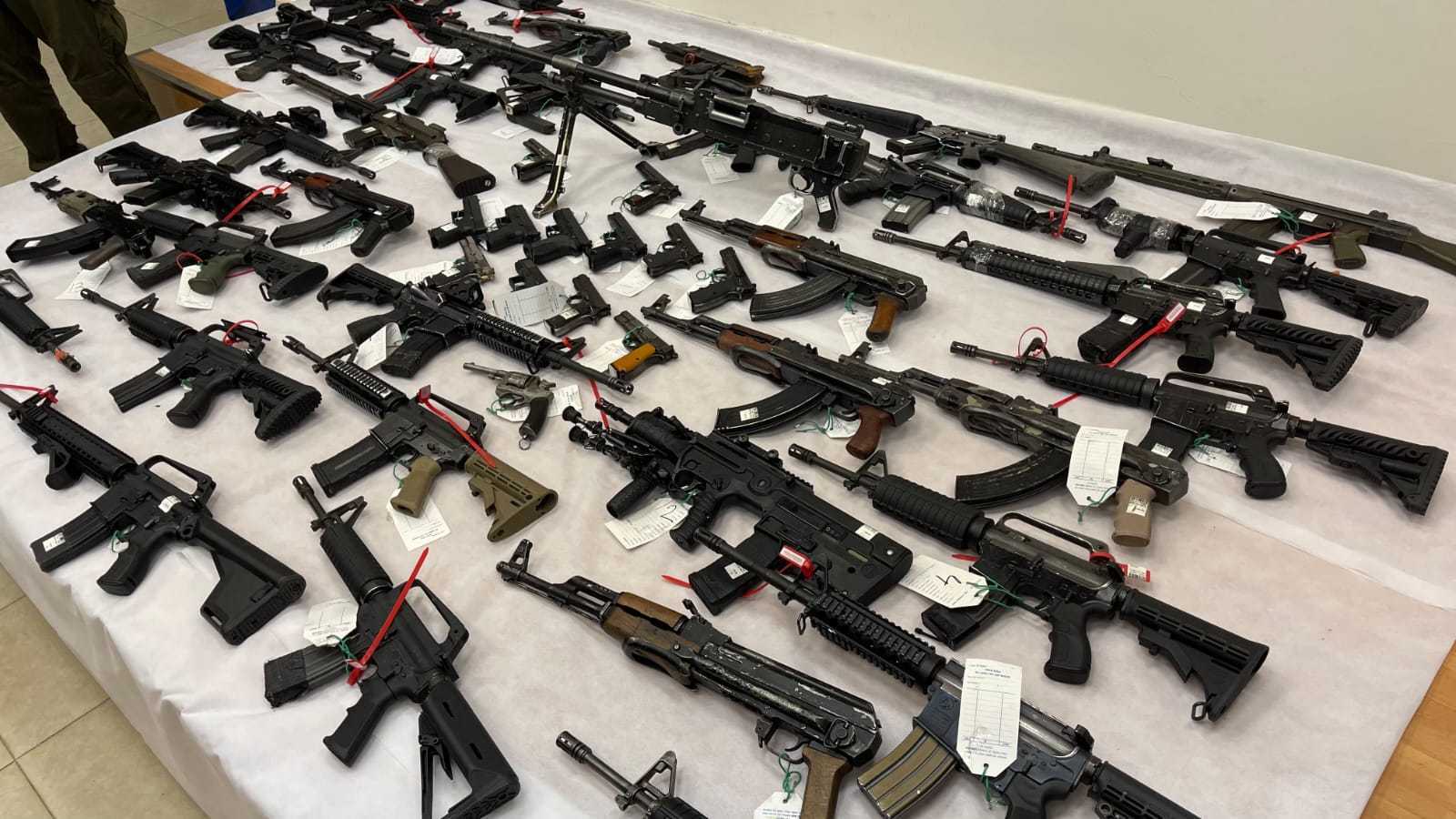In a notable development in the ongoing geopolitical landscape, Ukrainian President Volodymyr Zelensky has made a bold proposal to exchange captured North Korean soldiers for Ukrainian military personnel detained in Russia. This offer comes at a time when tensions remain high in Eastern Europe, particularly due to the ongoing conflict between Ukraine and Russia, which has drawn in various international actors and raised concerns about human rights and military engagement.
The proposal was announced during a press conference where President Zelensky emphasized the humanitarian aspect of the exchange. He stated that the primary goal is to secure the release of Ukrainian soldiers who have been captured and are currently facing uncertain fates in Russian custody. By offering North Korean soldiers in return, Zelensky aims to leverage the situation to benefit his own military personnel, who have been fighting in defense of their homeland against Russian aggression.
The context of this proposal is critical to understanding its potential ramifications. The conflict in Ukraine, which escalated significantly in 2022, has resulted in numerous casualties and the capture of soldiers on both sides. As the war continues, the plight of these soldiers has become a focal point for families and communities, prompting calls for their safe return. Zelensky’s offer reflects a strategic approach to addressing this humanitarian crisis while also navigating the complex international relations that characterize the current situation.
North Korea’s involvement in this exchange adds another layer of complexity. The country has historically maintained a contentious relationship with the West, and its military personnel are often viewed through a lens of suspicion. However, North Korea has also expressed solidarity with Russia in various international forums, complicating the dynamics of any potential negotiations. Zelensky’s proposal may serve to test the waters of North Korea’s willingness to engage in dialogue, as well as its commitment to its alliances.
The response from Russia regarding this proposal remains to be seen. The Kremlin has not yet issued an official statement on the matter, but the exchange could be perceived as a challenge to its authority and control over the captured Ukrainian soldiers. Russia has been known to use captured soldiers as leverage in negotiations, and any indication that Ukraine is willing to negotiate for their release could alter the calculus of future diplomatic engagements.
International observers are closely monitoring the situation, as the implications of this exchange could extend beyond the immediate parties involved. The proposal raises questions about the role of third-party nations and organizations in facilitating negotiations. Countries with diplomatic ties to both Ukraine and North Korea may find themselves in a unique position to mediate discussions, potentially leading to broader conversations about peace and stability in the region.
Moreover, the humanitarian aspect of the exchange cannot be overlooked. The plight of soldiers and their families is a pressing concern, and any efforts to secure their release are likely to be welcomed by the international community. Human rights organizations have long advocated for the humane treatment of prisoners of war, and Zelensky’s proposal aligns with these principles by prioritizing the safe return of individuals who have been caught in the crossfire of conflict.
As the situation develops, it will be essential to observe how various stakeholders respond to Zelensky’s offer. The potential for negotiations could open new avenues for dialogue, not only between Ukraine and Russia but also involving North Korea and other international actors. The outcome of this proposal may set a precedent for future exchanges and negotiations in the context of military conflicts.
In conclusion, President Zelensky’s offer to exchange captured North Korean soldiers for Ukrainian soldiers held in Russia represents a significant diplomatic maneuver amid ongoing tensions in Eastern Europe. The complexities of international relations, the humanitarian implications, and the potential for broader negotiations all contribute to the importance of this proposal. As the world watches closely, the developments surrounding this exchange could have far-reaching consequences for all parties involved.


